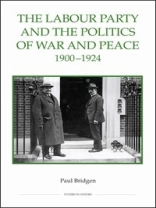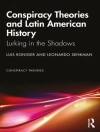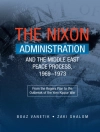A fresh investigation of the Labour party’s foreign policy in her formative years, radically revising previous interpretations.
This rich analytical account of the Labour party’s foreign policy between the party’s formation and the fall of the first Labour government in 1924 demonstrates that the party’s policy development during this period was far more sophisticated than has previously been considered. The party was neither merely the ideological cipher for ex-Liberals in the Union of Democratic Control; nor did it enter government devoid of policy ideas. Rather, as the author shows, the party sought consistently to construct and eventually to implement a genuinely radical foreign policy. This involved significant input from the wider labour movement, and was also influenced at important moments by contacts with the international socialist movement. Rejecting doctrinally rigid approaches to Labour policy development, the author demonstrates that many ideological currents flowed through the early Labour party, and, crucially, thatone of the strongest traditions influencing the formation of the party’s post-war foreign policy objectives was Gladstonian internationalism, rather than the anti-war Cobdenite radicalism of the UDC and its allies. Before the war, Labour is shown to have been actively engaged in attempts by progressives to establish ideological links between socialism, radicalism and liberalism in ways appealing to the new mass electorate. Thereafter, it built on these traditions to help consolidate its claim to be the legitimate heir to nineteenth-radical traditions in foreign policy.
Содержание
Re-thinking the Labour party’s approach to foreign policy, 1900-1924
Labour and international affairs before the First World War
Labour and the outbreak of war, August-October 1914
Thinking about international affairs, 1914-1918
The politics of the 1917 memorandum on war aims
Labour and the peace, 1918-1921
The co-ordination of Labour’s approach to foreign affairs, 1921
Labour and European reconstruction, 1921-1924
Labour and European security, 1921-1924
Conclusion
Appendix
Bibliography












